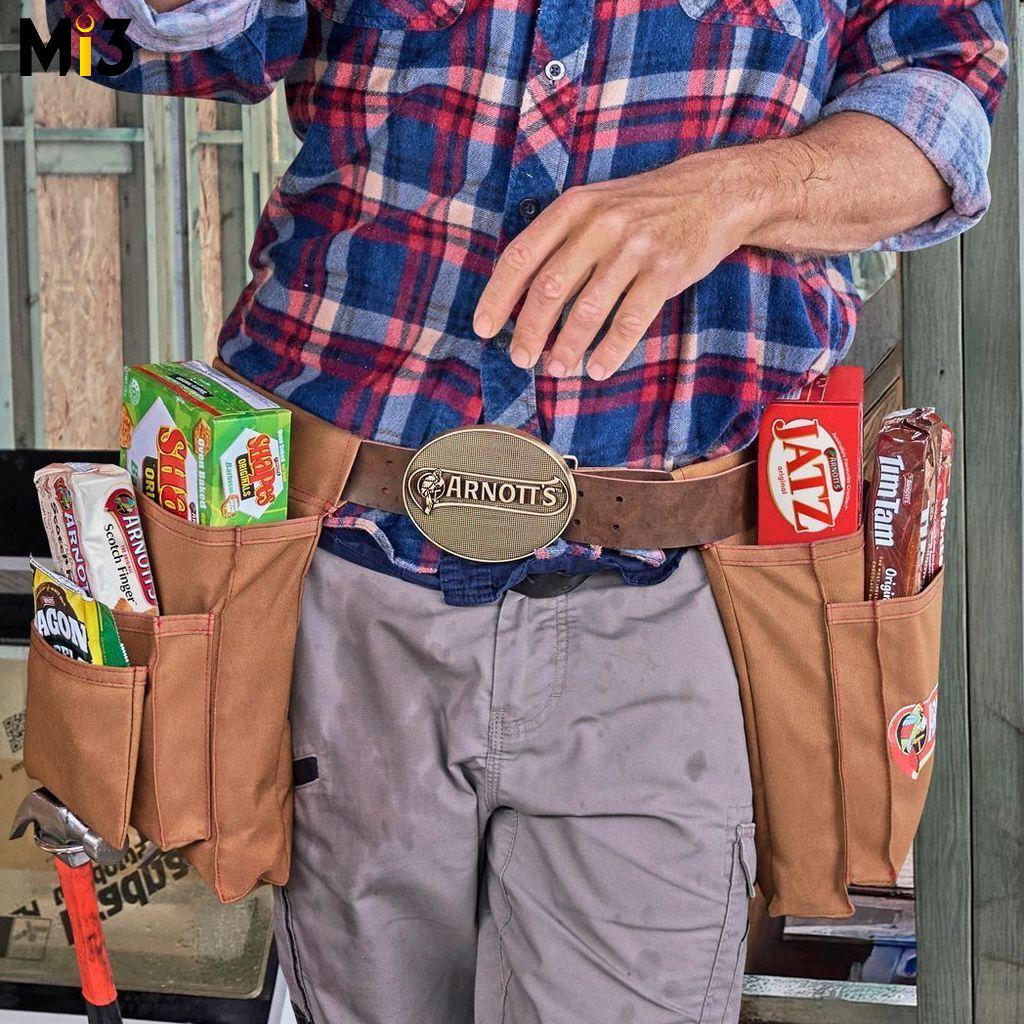“We’re really lucky that we’re competing against a lot of ways of getting this [customer] information that are both incredibly expensive and incredibly inaccurate,” says co-founder and CEO of Aussie customer intelligence startup, Heatseeker, Kate O’Keeffe. Buoyed by US$1.5 million in pre-seed funding, and a swathe of ASX-listed and Fortune 500 clients including ServiceNow, Medibank and Tyro, and with former Uber and eBay CMO Steve Brennen as chief evangelist in tow, the three-year-old tech platform aims to disrupt the US$110bn market and customer research space by tapping large-scale behavioural experimentation with advanced AI and synthetic person avatars. The initial game plan was to give marketers a faster, more accurate way of tuning into what their customers really think to help validate campaign launches, value propositions and offers. Now it wants to redefine how companies understand the voice of customers to derisk business decision making with tech that delivers outcomes within two weeks. Can social-based experimentation and data collection with synthetic avatars work well enough to do away with the longstanding survey, focus group or consumer panel?
Author: admin
Webjet CEO and CMO near double marketing spend in $3.2bn growth push, overhaul brand, tech, marketing model, plot loyalty play in bid to blow away US and Euro rivals
Just over 12 months on from becoming a standalone B2C travel business, and equipped with a five-year strategy that aims to double transactions by 2030 to +$3.2bn, ASX-listed Webjet group this week unleashed its new brand positioning and plans to market. Not satisfied with just being Australia’s number one online travel agency (OTA) for domestic flights, the new brand campaign, ‘Go Somewhere’, reflects an ambition to become the first-choice travel companion for Australian and New Zealand consumers on all their travel needs. Mi3 speaks to Webjet’s group MD, Katrina Barry, and first-ever CMO, Oonagh Flanagan, on the customer and commercial insights it’s taken to up marketing spend by 82 per cent – and completely flip brand to performance ratios – in support of the biggest brand shake-up in the group’s 27-year history.
Education leaders to be briefed on role of schools in social media law implementation
The State and Territory Education Ministers will be briefed today about the implementation of the new social media laws for under 16s by the Minister for Communications and the eSafety Commissioner.
‘More familiar, more human,’ Škoda and DDB seek to challenge EV stereotypes
Škoda has launched a new campaign titled ‘Surprisingly EV’ to promote its latest electric vehicle models, the Elroq and Enyaq.
ANZ partners with Everyday Rewards for enhanced loyalty benefits
ANZ has announced a new loyalty partnership with Everyday Rewards, allowing ANZ Rewards credit cardholders to convert their points into Everyday Rewards points.
Allianz tops Interbrand’s Best Global Insurance Brands list for seventh year
Allianz has been recognised as the ‘world’s leading insurance brand’ for a seventh consecutive year in the 2025 Interbrand Best Global Brands ranking.
‘Advertising as a public utility mechanism’: Jolt, Uber and Polestar discuss EV/AV future at SXSW Sydney
The growing market for electric and autonomous vehicles are driving shifts in consumer behaviour and creating new opportunities for advertisers, executives from Uber, Polestar and JOLT told a crowd at SXSW Sydney this week.
‘We’re coming to the end of the beginning with AI’: Telstra digital chief, Amazon, Auto & General top marketers notch single-digit productivity gains, but urge industry to seek bigger growth leaps
Telstra’s digital and loyalty chief, Jeremy Nicholas, says adopting AI to date has garnered 8-10 per cent productivity gains in the content supply chain, plus some incremental CX/EX and digital engagement improvements. But where the 30+ percentage gains will come from is tackling the “truly hard” part of AI adoption: Job change, rethinking ways of working and actually using AI to do things differently and net new growth, he says. Over at Auto & General, AI has provided several experience wins with customers and opened up previously unavailable ways of testing campaigns on the fly, along with iterative creative scale to feed the 14 channels the insurance brand is advertising through these days, says chief growth officer, Jonathan Kerr. Meanwhile, Amazon CMO Arno Lenior, has stopped worrying about AI taking his job and is leaning into what AI can do to improve marketing’s impact – but with the caveat of reverting to our uniquely human sixth sense for sniffing out an issue in consumer experiences even if the data’s not showing a blip. Beneath the noise and platitudes surrounding AI at SXSW Sydney, we look at the practical productivity implications marketing teams are finding with AI, and the cultural challenges of where to go next to get growth.
Arnott’s and The Block replace tools for snacks in the ‘Bikkie Belt’
Arnott’s has released its latest promo venture, ‘The Bikkie Belt’, a wearable tradie holster designed to keep its popular biscuits within easy reach.
‘It’s all about emotional manipulation … for monetisation’: eSafety Commissioner sends transparency notices to ‘devious’ AI companion apps – large platforms next, ChatGPT floodgate opens
Australia’s online safety watchdog has a new target in its sights: AI companions. eSafety Commissioner Julie Inman Grant has fired warning shots at a growing cohort of AI apps that blur the line between intimacy and manipulation. Her first round of transparency notices went to four smaller operators, Mi3 has learned, but the giants like Elon Musk’s X with whom the Commissioner has a tetchy history, can expect to receive notices in short order.










